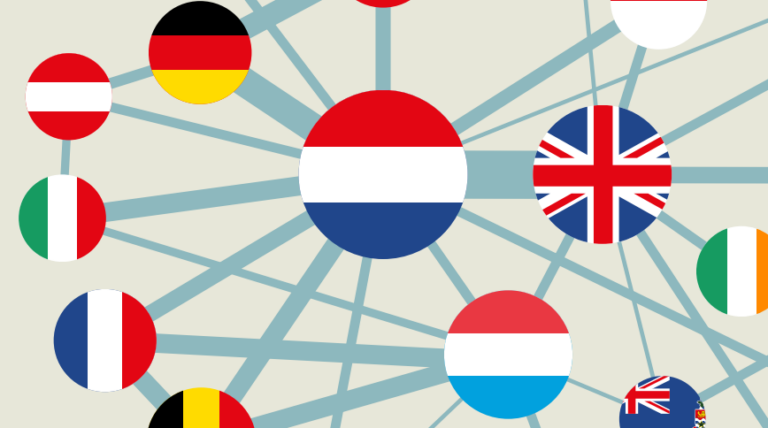
Business as Usual
How Free Trade Agreements Jeopardise Financial Sector Reform


In contrast with the current wide-ranging financial reform agenda in the European Union (EU), the EU continues to liberalise a wide range of risky and non-risky financial services in the General Agreement on Trade in Services (GATS) and other Free Trade Agreements (FTAs) as if the financial crisis never happened. This SOMO briefing paper gives specific examples on how new EU regulations are in contrast with the pre-crisis model that is still being applied in the GATS negotiations, the Cariforum-EU Economic Partnership Agreement (EPA) and the EU-South Korea FTA. The examples serve a general debate about the many problems with financial services liberalisation and the lack of financial reforms that should make the financial sector serve the economy at large as well as the public good rather than promoting the interests of the financial sector itself. The technical nature of the issue and the lack of transparency in the decision making process have so far hampered the public and political debate. This papers provides the technical arguments based on which the many concerns can be raised in public and political debates about the financial reforms in many countries, the G-20 declarations both urging financial reform and more free trade (incl. financial services), the continuing GATS and new FTA negotiations in which the EU and many countries are engaged etc.
Publicatie


Related news
-
Geldstromen via Nederlandse brievenbussen nemen weer toe Gepubliceerd op:
 Arnold MerkiesGeplaatst in categorie:Publicatie
Arnold MerkiesGeplaatst in categorie:Publicatie Arnold Merkies
Arnold Merkies
-
 Nederland: Europees kampioen inkoop eigen aandelenGeplaatst in categorie:Lang lezen
Nederland: Europees kampioen inkoop eigen aandelenGeplaatst in categorie:Lang lezen Rodrigo FernandezGepubliceerd op:
Rodrigo FernandezGepubliceerd op: -
Rode vlaggen in fintech Gepubliceerd op:
 Myriam Vander SticheleGeplaatst in categorie:Publicatie
Myriam Vander SticheleGeplaatst in categorie:Publicatie Myriam Vander Stichele
Myriam Vander Stichele

